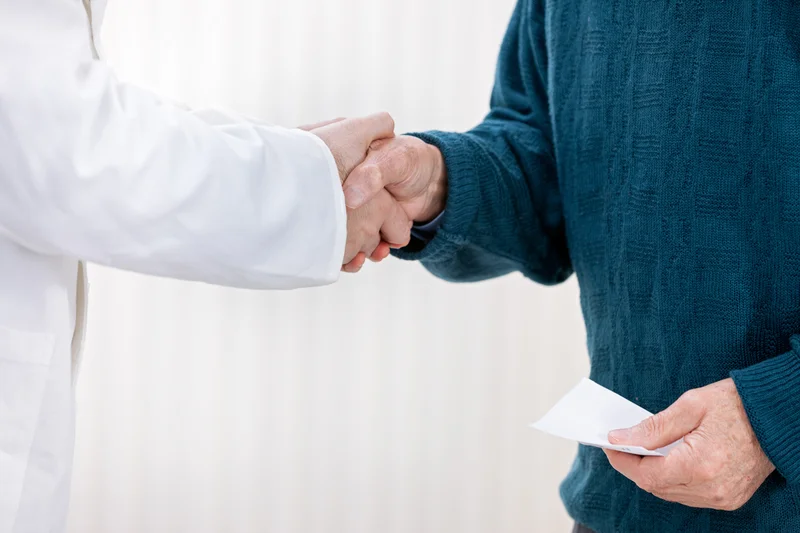
Consuming even a little bit of alcohol leads to drowsiness in most people, so, for believers in the nightcap, a little drink before bed serves as a way to drift easily into sleep without any tossing or turning. The problem is that sleeping is so much more than being unconscious. Generally, even healthy alcohol consumption can lead to poor sleep quality.
Does Alcohol Help You Sleep Better?
In contrast, sleep latency was not correlated with alcohol consumption level. Among factors that disturb sleep, it was learned that snoring, in particular, is linked with alcohol consumption. Many moderate alcohol users also drink before sleep if they suffer from insomnia. Since alcohol adversely affects a person’s sleep quality, they’re likely to feel fatigued during the day, leading them to drink coffee or energy drinks to stay awake and sedate themselves with alcohol at night.
- In addition, since poor sleep can negatively affect one’s health, the benefits of a restful night go beyond feeling alert in the morning.
- For instance, our body will release melatonin during the hours of darkness to help us feel tired – and stay asleep throughout the night.
- It’s because I know what alcohol can do to sleep and healthy circadian rhythms.
- In other words, it can cause your body to dispel an extra measure of liquid.
- If you’re having trouble falling or staying asleep, alcohol consumption could be a contributing factor.
- Alcohol consumption can disrupt the production and release of melatonin, a hormone that regulates the body’s circadian rhythms and promotes sleep.
Vivid dreams

Here at Sleep Advisor, our editorial team utilizes reputable sources and expert feedback to provide well-researched sleep health content. It’s okay to enjoy alcohol in moderation, but if it’s ruining your rest it may be a sign of another problem. Peters https://ecosoberhouse.com/ is a board-certified neurologist and sleep medicine specialist and is a fellow of the American Academy of Sleep Medicine. A questionnaire-based cross-sectional survey was conducted with 234 men and 159 women who had visited a general hospital.
- That’s because alcohol interferes with the ability to stay asleep and to get high-quality, deep sleep.
- This study surveyed 99 Australians after a night of drinking alcohol.
- In this study, we used PASW SPSS Statistics ver. 18.0 (SPSS Inc., Chicago, IL, USA) for statistical analyses with significance level set at less than 0.05 for all statistical operations.
- It’s common for someone who’s alcohol-dependent to experience long-term sleep problems since insomnia and other sleep disorders are typical symptoms of alcoholism.
- And as your body focuses on this task, the normal pattern of four sleep stages can be disrupted.
- If you have any further questions about your sleep, if you’re battling insomnia and you’ve tried everything under the sun to get yourself sleeping again, just know that there is a better way.
Myth: Being able to “hold your liquor” means alcohol is not damaging your body as much.
The rebound effect may include more time in REM—a lighter sleep stage from which it is easy to be awakened. When you have sleep apnea, drinking can make the Sober living house breathing interruptions last longer when you are asleep, leading to more awakenings. Studies have shown that people who drink and have sleep apnea are at a much higher risk of traffic accidents than people with sleep apnea who do not drink alcohol. Symptoms of co-occurring disorders may heighten when you stop drinking alcohol.

She is active within AASM and has served on numerous AASM committees, including the original Telemedicine Task Force. She also served as the inaugural chair of the Clinical and Consumer Sleep Technology Committee and is the current chair of the AASM Public Awareness Advisory Committee. Here’s what else to know about the relationship between nightcaps and your nightly rest. Circadian rhythms regulate nearly all of the body’s processes, from metabolism and immunity to energy, sleep, and sexual drive, cognitive functions, and mood. Taking any other substances that have a sedative effect should be avoided unless a doctor prescribes them.

- Maintain a regular sleep schedule and create a relaxing bedtime routine to promote better sleep quality, regardless of alcohol consumption.
- As a general rule, Meadows said, people should aim to leave at least three to four hours between drinking and sleeping to avoid sleep disruption.
- Herbal liqueurs, such as those infused with chamomile or lavender, are often reputed to have soothing effects that can help ease you into a restful state.
- Keep in mind that for people with AUD, sleeping issues may persist through the withdrawal phase.
- Alcohol before bed has been shown to lead to fragmented sleep and frequent waking.
It’s no secret to anyone partial to hitting a few alcoholic drinks that imbibing interferes with your sleep. But most of us don’t really know why that’s does alcohol help you sleep the case, and just accept it as a necessary evil we’re willing to risk if it means we get to enjoy endless glasses of fizz. Even taking a short hiatus from drinking alcohol can result in better quality sleep. According to 2015 research out of the University of Sussex, 62% of Dry January participants reported better sleep.
Why alcohol makes you feel sleepy
Some people in recovery may try to start drinking again to improve their sleep. However, the alcohol will continue to damage their sleep cycles, and the problem will not get better. When a person has sleep apnea, they have interrupted breathing during the night. The condition is linked to fatigue as well as serious cardiovascular conditions like heart attack and stroke. Throughout the night, your brain will cycle through all of the sleep stages multiple times to give you a good night’s rest. If you are one of the many who use an occasional nightcap as a sleep aid, the best thing you can do for your sleep is to start scaling back.



